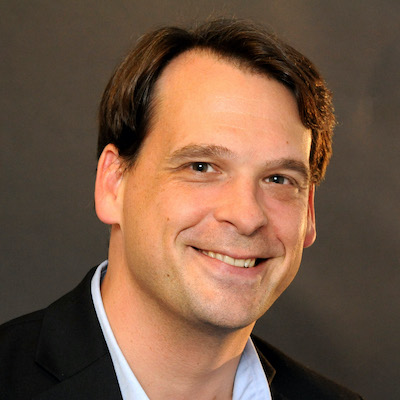Being honest about how journalists are different from their communities
Who we are as people affects how we do journalism. Our values, our lived experiences, our personal ethics, our surroundings, our friends…all of it influences what we’re curious about and what we find interesting. And collectively, that determines what we cover.
It’s also pretty undeniable that, collectively, journalists have a lot more in common with each other than we often do with the communities we serve. We are also not immune from the societal sorting that’s happening, in which we are increasingly surrounded by people we have a lot in common with.
As an industry, it’s clear we’re whiter, more educated and more middle to upper class (by actual salary or by mindset). We’re also more urban — 22% of newsroom employees live in New York, D.C. or L.A. compared to 13% of the overall workforce. It’s clear to me that we’re also more liberal and more secular, though hard data on those topics are harder to come by.
Journalism is a team sport. We rely on each other to help us best reflect a complicated world and to wrestle with the most accurate versions of a variety of perspectives in good faith.
We have gotten into the habit of acknowledging — but are still not making nearly fast enough progress on — our lack of racial diversity. (Sadly, I suspect we would be less transparent about that challenge if it were easier to hide.) We know that we have blind spots, and more newsrooms are investing in reckoning with the harm they have caused and with the intense work they need to do to earn a trusted role in the lives of communities of color. We’re still not doing nearly enough to talk openly about it with the people we serve. (Our team at Trusting News has been working on that.)
I’m hopeful that we’re also ready as an industry to talk honestly about how our lived experiences in other areas affect our ability to cover our communities with empathy and complexity. Do you have people on your team whose own experiences can help ensure your coverage of rural life is complex and based in the real values and priorities of the communities you cover? How about people with experience in law enforcement families? Or immigrant families?
How about when it comes to covering polarizing topics? I hope your newsrooms are staffed by people who agree with the basic fact that the outcome of the 2020 election was valid and are committed to reporting that authoritatively. But I also hope you have people who can empathize with the information climate that produced a majority of Republicans still saying last month that Trump’s claims had legitimacy. Our coverage needs to understand that information climate if we hope to penetrate it. And what about a topic like abortion? Can colleagues in your newsroom help each other present accurate, respectful, neutrally framed summaries across the spectrum of views on abortion?
I am hopeful that in 2022 we can do the following:
- Let’s acknowledge internally where we’re coming from personally. Let’s talk about our values and experiences and bring our whole selves to our work. And let’s produce newsroom cultures that empower people — across staff power dynamics — to speak up and offer input that improves each other’s work.
- Let’s address our blind spots proactively. Let’s use outreach and engagement strategies to build community relationships that can round out our understanding of the people we serve, and let’s invite those partners to hold us accountable for coverage that feels accurate and complex to people across our diverse communities.
- Let’s hire differently. Let’s acknowledge our natural homophily and check our bias for people who see the world like we do. Let’s ask questions that help us better understand what experiences and values job candidates would add to our teams. (I’m working on this right now. If you’re interested in hearing how you could get involved, please get in touch.)
We’re better off when our team represents a variety of lived experiences. Let’s make this the year we get honest about who we are and how that affects our work.
Joy Mayer is director of Trusting News.

Who we are as people affects how we do journalism. Our values, our lived experiences, our personal ethics, our surroundings, our friends…all of it influences what we’re curious about and what we find interesting. And collectively, that determines what we cover.
It’s also pretty undeniable that, collectively, journalists have a lot more in common with each other than we often do with the communities we serve. We are also not immune from the societal sorting that’s happening, in which we are increasingly surrounded by people we have a lot in common with.
As an industry, it’s clear we’re whiter, more educated and more middle to upper class (by actual salary or by mindset). We’re also more urban — 22% of newsroom employees live in New York, D.C. or L.A. compared to 13% of the overall workforce. It’s clear to me that we’re also more liberal and more secular, though hard data on those topics are harder to come by.
Journalism is a team sport. We rely on each other to help us best reflect a complicated world and to wrestle with the most accurate versions of a variety of perspectives in good faith.
We have gotten into the habit of acknowledging — but are still not making nearly fast enough progress on — our lack of racial diversity. (Sadly, I suspect we would be less transparent about that challenge if it were easier to hide.) We know that we have blind spots, and more newsrooms are investing in reckoning with the harm they have caused and with the intense work they need to do to earn a trusted role in the lives of communities of color. We’re still not doing nearly enough to talk openly about it with the people we serve. (Our team at Trusting News has been working on that.)
I’m hopeful that we’re also ready as an industry to talk honestly about how our lived experiences in other areas affect our ability to cover our communities with empathy and complexity. Do you have people on your team whose own experiences can help ensure your coverage of rural life is complex and based in the real values and priorities of the communities you cover? How about people with experience in law enforcement families? Or immigrant families?
How about when it comes to covering polarizing topics? I hope your newsrooms are staffed by people who agree with the basic fact that the outcome of the 2020 election was valid and are committed to reporting that authoritatively. But I also hope you have people who can empathize with the information climate that produced a majority of Republicans still saying last month that Trump’s claims had legitimacy. Our coverage needs to understand that information climate if we hope to penetrate it. And what about a topic like abortion? Can colleagues in your newsroom help each other present accurate, respectful, neutrally framed summaries across the spectrum of views on abortion?
I am hopeful that in 2022 we can do the following:
- Let’s acknowledge internally where we’re coming from personally. Let’s talk about our values and experiences and bring our whole selves to our work. And let’s produce newsroom cultures that empower people — across staff power dynamics — to speak up and offer input that improves each other’s work.
- Let’s address our blind spots proactively. Let’s use outreach and engagement strategies to build community relationships that can round out our understanding of the people we serve, and let’s invite those partners to hold us accountable for coverage that feels accurate and complex to people across our diverse communities.
- Let’s hire differently. Let’s acknowledge our natural homophily and check our bias for people who see the world like we do. Let’s ask questions that help us better understand what experiences and values job candidates would add to our teams. (I’m working on this right now. If you’re interested in hearing how you could get involved, please get in touch.)
We’re better off when our team represents a variety of lived experiences. Let’s make this the year we get honest about who we are and how that affects our work.
Joy Mayer is director of Trusting News.
Victor Pickard

AX Mina

Julia Angwin
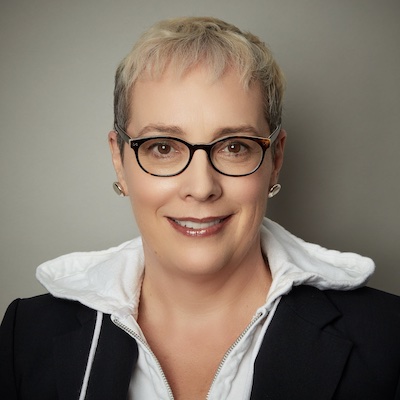
Gabe Schneider

Christina Shih

Jesenia De Moya Correa
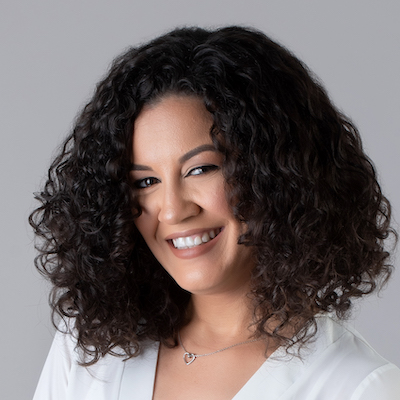
Kerri Hoffman
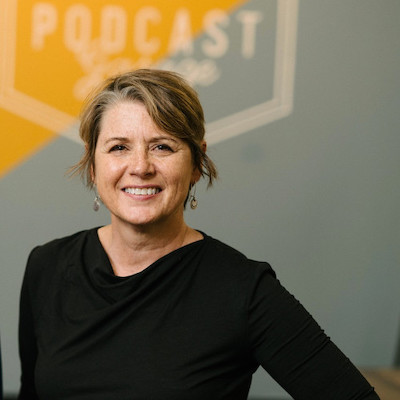
Shalabh Upadhyay
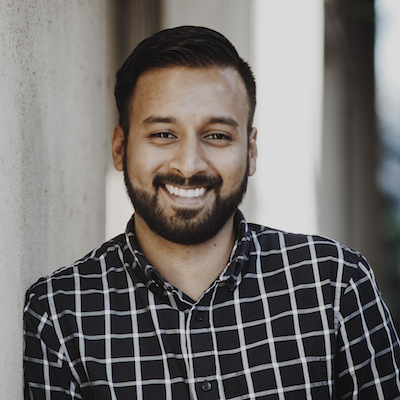
Sarah Stonbely

Rasmus Kleis Nielsen

Ståle Grut

Megan McCarthy

Amara Aguilar

Mary Walter-Brown

Julia Munslow

Cristina Tardáguila
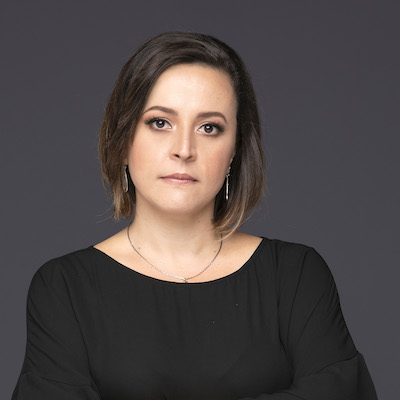
Anika Anand

Joanne McNeil

Moreno Cruz Osório

Chicas Poderosas

Joshua P. Darr
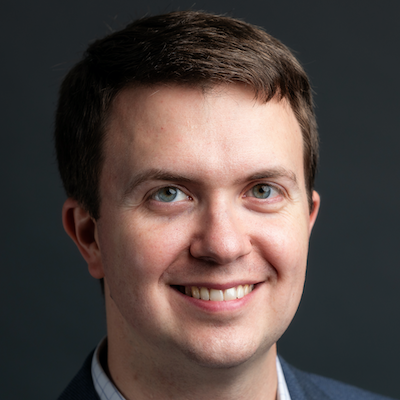
Kristen Jeffers
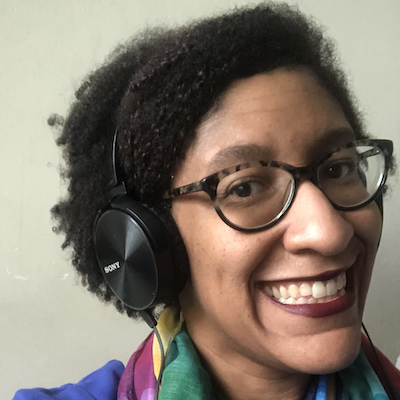
Christoph Mergerson
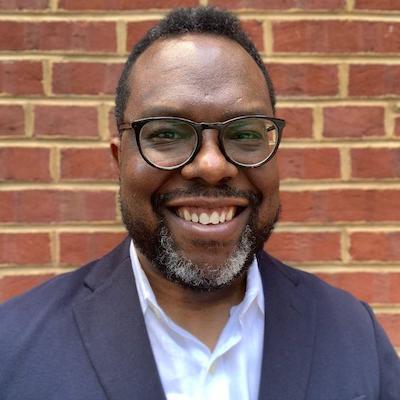
David Skok
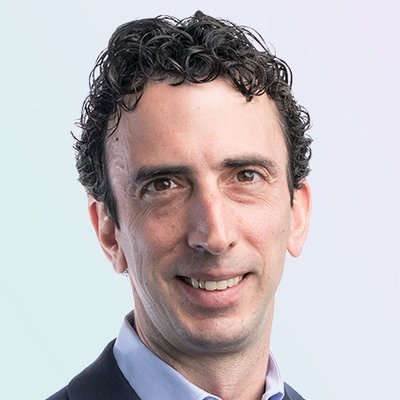
S. Mitra Kalita
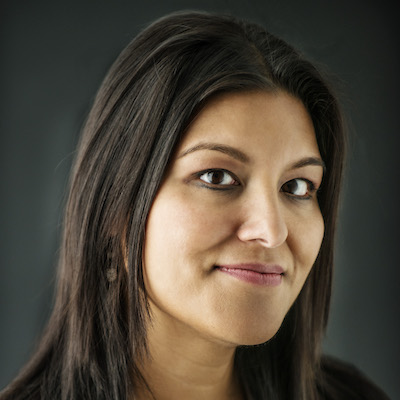
Mario García
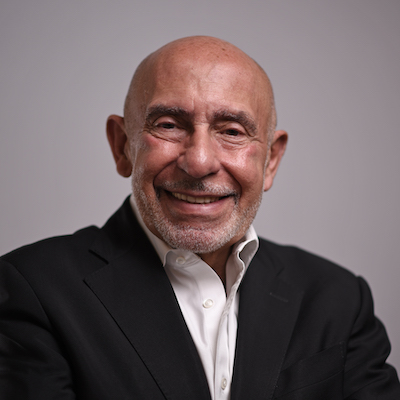
Errin Haines

Joni Deutsch
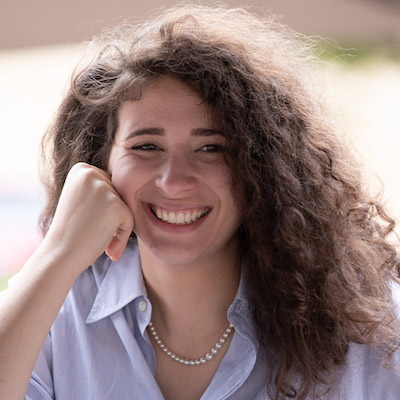
Stephen Fowler

Matt Karolian
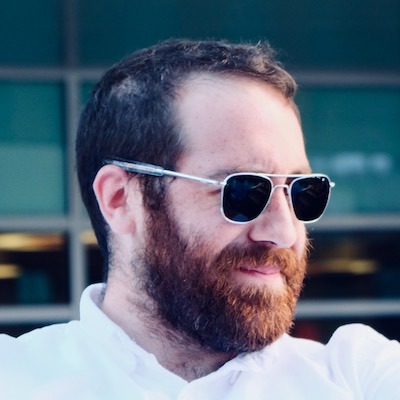
Larry Ryckman

Francesco Zaffarano
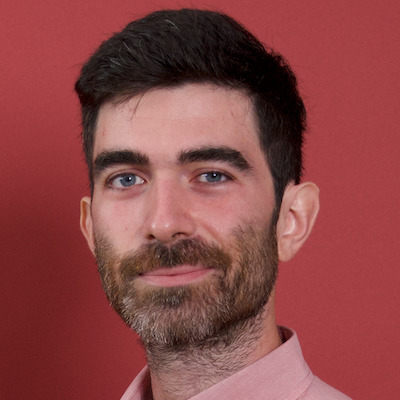
Richard Tofel

Whitney Phillips

Kristen Muller
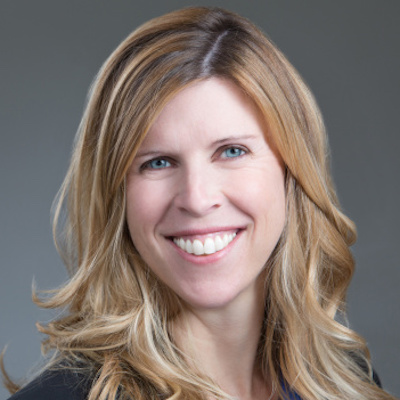
Tamar Charney
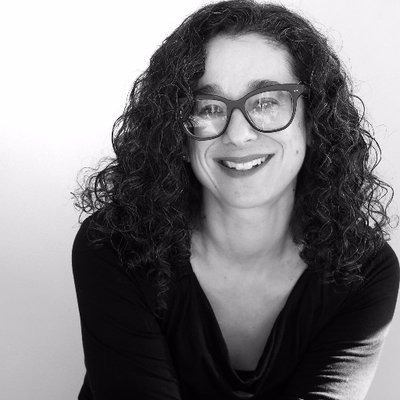
Cindy Royal

Meena Thiruvengadam
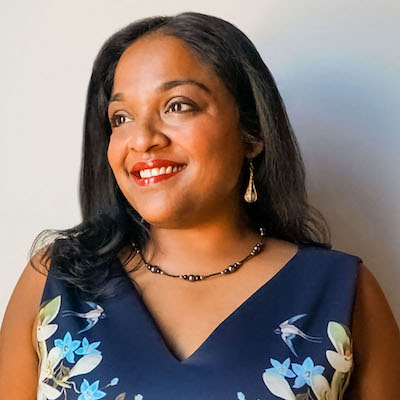
Robert Hernandez
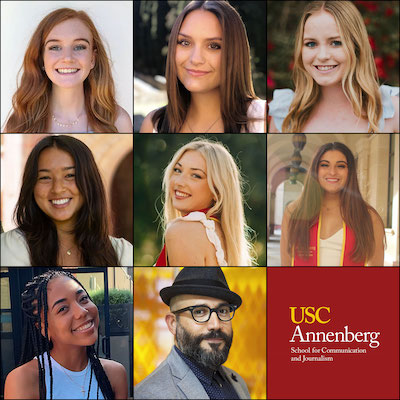
Jesse Holcomb
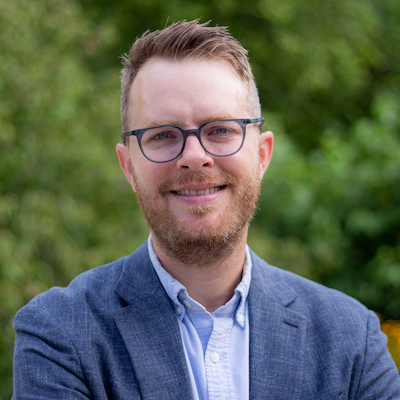
Anita Varma
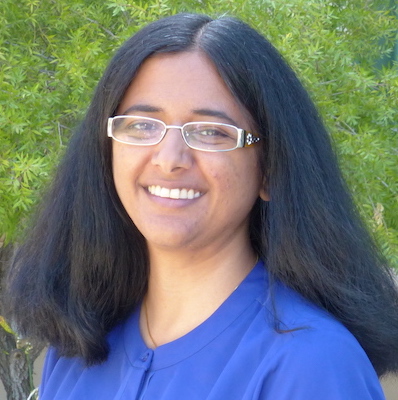
Catalina Albeanu

Wilson Liévano
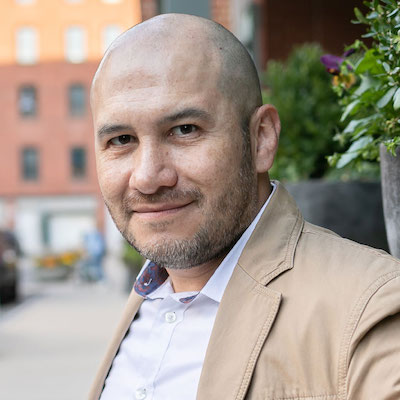
Matthew Pressman
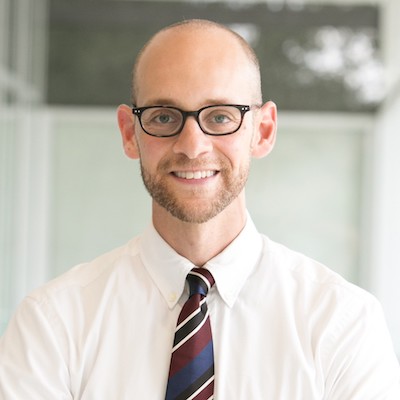
Juleyka Lantigua

Ariel Zirulnick
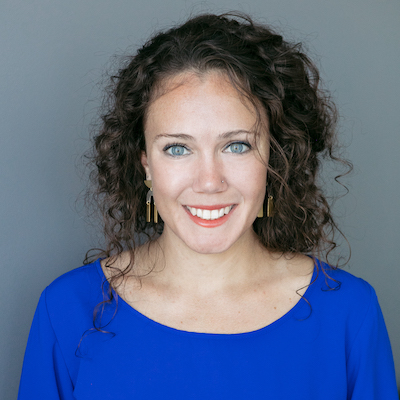
Kathleen Searles Rebekah Trumble

Rachel Glickhouse

Natalia Viana
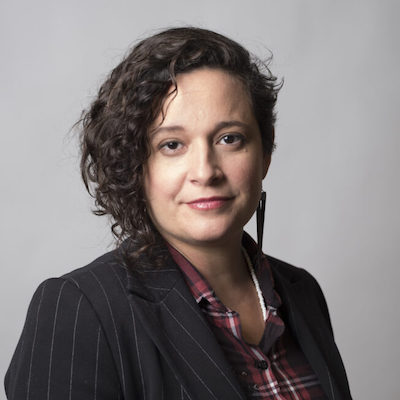
Don Day

Paul Cheung

Nikki Usher

Jim Friedlich
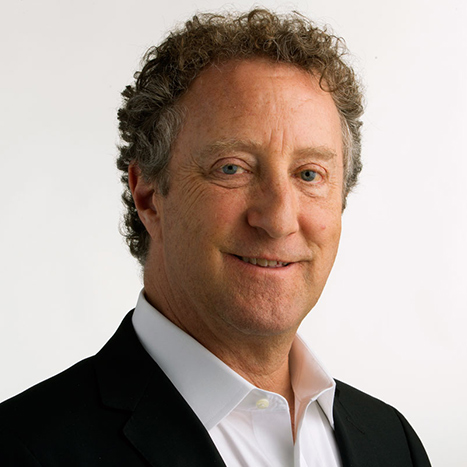
Millie Tran

Michael W. Wagner
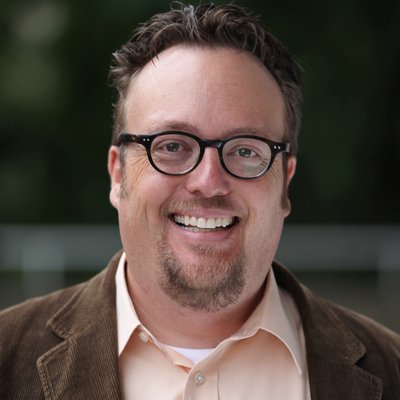
David Cohn

Parker Molloy

Izabella Kaminska
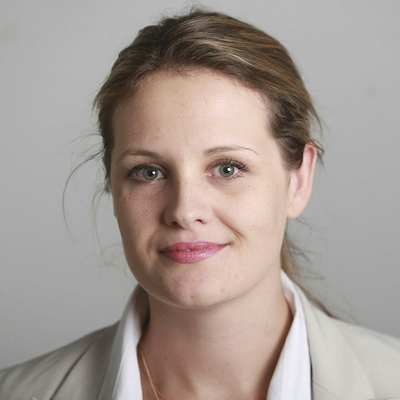
Daniel Eilemberg

Laxmi Parthasarathy

Mike Rispoli
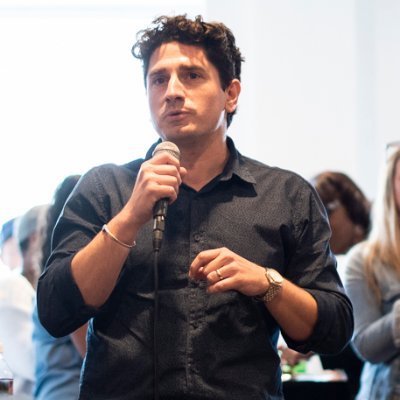
Tony Baranowski
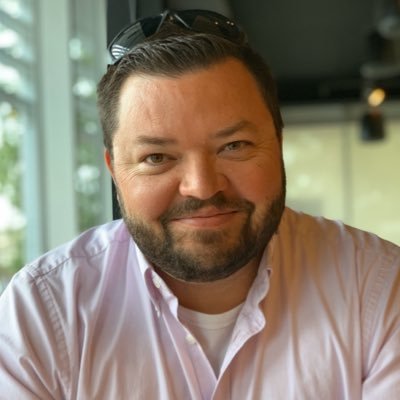
Jessica Clark

John Davidow

Gordon Crovitz

Sam Guzik

Candace Amos
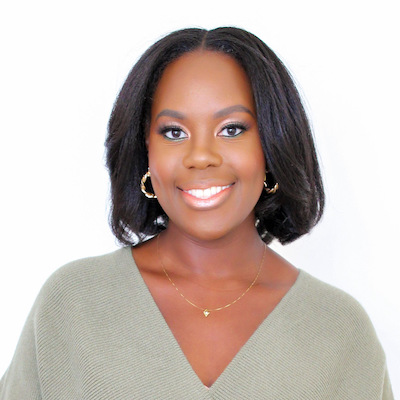
Kendra Pierre-Louis

Gonzalo del Peon

Joe Amditis

Amy Schmitz Weiss
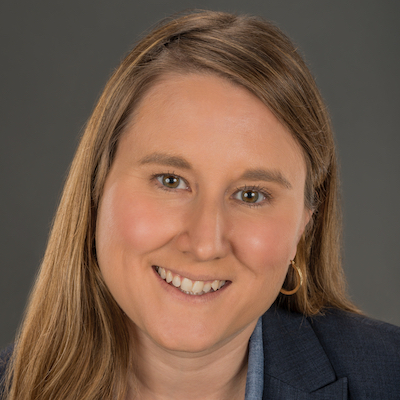
Jonas Kaiser

A.J. Bauer

Joy Mayer

Stefanie Murray

Eric Nuzum

Zizi Papacharissi
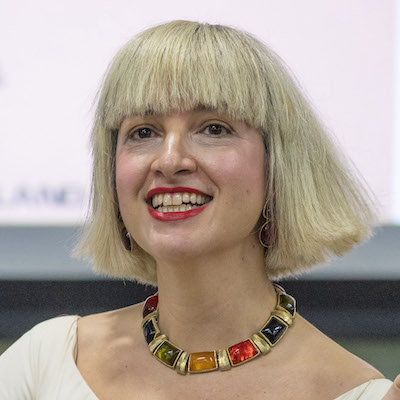
Janelle Salanga

Cherian George
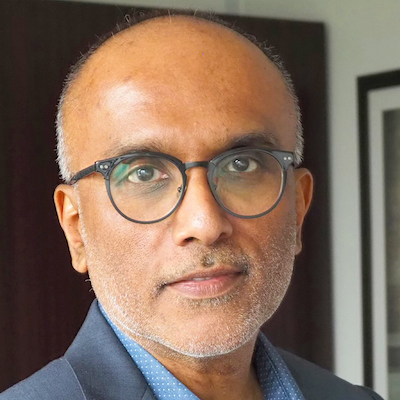
Alice Antheaume
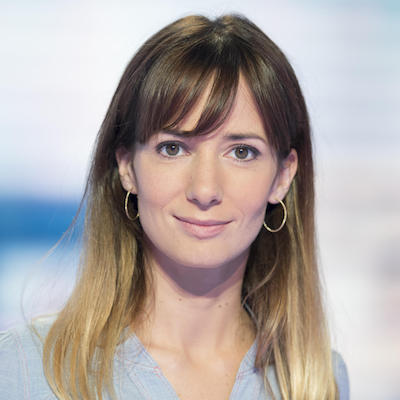
j. Siguru Wahutu
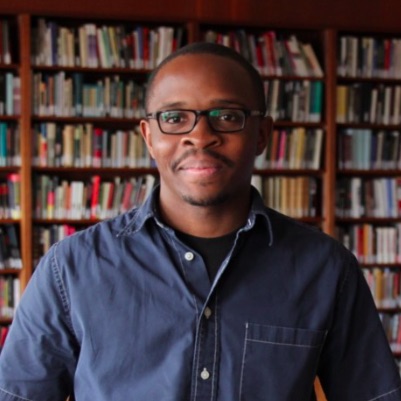
Jody Brannon

Raney Aronson-Rath
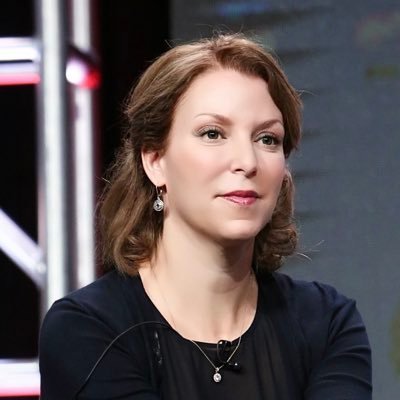
Doris Truong
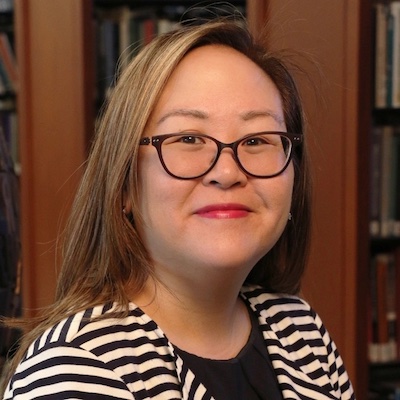
Brian Moritz

Burt Herman
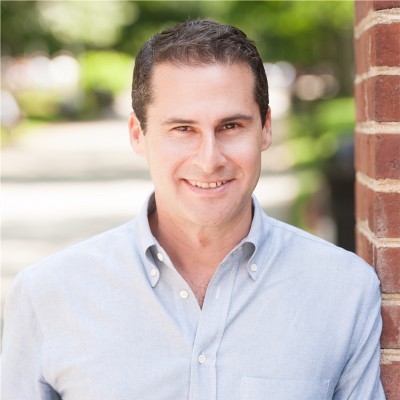
Jennifer Coogan
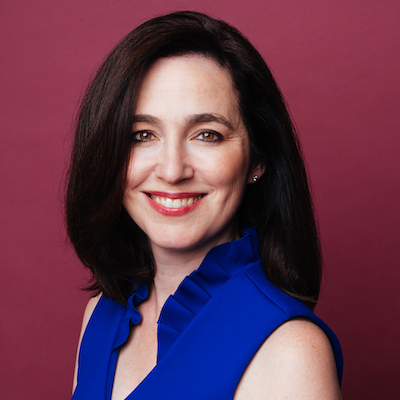
Tom Trewinnard

Chase Davis

James Green

Simon Allison

Sarah Marshall

Anthony Nadler

Mandy Jenkins

Andrew Freedman

Shannon McGregor Carolyn Schmitt

Simon Galperin

Jennifer Brandel

Melody Kramer

Matt DeRienzo
